This is what happens when you take a razor to a pair of images cutting them up in vertical strips. And this is what happens when the procedure is applied to a single image, then doubling the result upon itself. Jiří Kolář gave the name “rollage” to this kind of minimalist collage technique.
My Books
Several books of poems are published by Moloko Print and Stadtlichter Presse in bilingual (American-German) editions, and by Cold Turkey Press in handmade chapbooks. “The Z Collection” appeared in three editions, by AC Books, Blue Wind Press, and Moloko Print.”
More Resonant Than Ever
Heathcote Williams’s ‘The United States of Porn’
Heathcote was always prescient. But it is still astonishing to realize how relevant — and resonant — his dissident voice remains more than a dozen years after he recorded “The United States of Porn.”
Steff Signer / Cabinet Music — Frozen Duck Tears
Concept & Music Vocals & Moniphonium Inventions:
Steff Signer, Switzerland
Photography: Mario Baronchelli, Switzerland
«Mother of Transgression» Poetry: Florian Vetsch
Brass Instruments & Tibetan: «singi»
Cymbals: Markus Breuss, Spain
Electric Guitar Explosion: Chanan Hanspal, England
Viola: David Schnee
Recitation Text: Liz Foulis, Scotland
Recitation Poetry: Jaswant Hanspal
Poetry & Prose
‘Wortlaut’ Saint Gallen Festival Salutes the Word
UPDATED: Jan Heller Levi & Jan Herman will appear on March 30, 2025 at the festival, where they will read and discuss their latest poems with Giovanna Caggiano and Julia Mülli from the Kantonsschule am Burggraben. Florian Vetsch will also read with Jan & Jan at the Palace on April 1.
Mr. Big Mouth Sounds Off
Welcome to the Gaza Riviera
‘It will be SOoooo beautiful like never before!’
The Ugly Spirit … with commentary
I know where this image came from. It began with the random association of two photos that I sliced up longitudinally with a razor, then laid the resulting strips side by side. I subsequently photographed it, dropped out the background and very slightly manipulated the color and sharpness. The result seemed to me utterly surprising, just as confounding, and very disturbing. In a word, scary.
I’m With Amélie Cardy and Cézanne on This
Cold Turkey Press is publishing an illustrated, four-page folio of “Frankly Speaking” with a drawing by the young British artist Amélie Cardy in an edition limited to 36 copies. And a poster of the poem with a drawing by Cézanne is seeking a publisher.
‘American Porn’ for the Orange Man’s Inauguration Day
Here we go again. To mark the resumption of our long nightmare, my staff of thousands thought it apt to repost this from 2017:
On the day he is sworn in as the preening el presidente of a tin-pot United States of Trumpistan, enabling him to run the country like a division of his family-held company, Thin Man Press will release American Porn, a collection of “investigative poems about American history, culture and politics” by Heathcote Williams.
What Trump Really Wants . . .
. . . is your money. Here’s his latest tacky tin-cup beg.
Not Like Frank O’Hara, But . . .
Since it’s very late
in the afternoon,
long past time for lunch,
please pardon my
dishevelment. . . .
New in French Translation
Sinclair Beiles’s Selected Catastrophies & Other Poems
As part of the Beat Hotel crowd in Paris during the late-1950s and early ’60s, Sinclair Beiles collaborated on the first book of avant-garde cut-ups, “Minutes to Go,” with Brion Gysin, William Burroughs, and Gregory Corso. While working at Maurice Girodias’s Paris-based Olympia Press, he was a key editor who helped shepherd Burroughs’s “Naked Lunch” into print. It is his incandescent poetry, however, for which he should be most remembered. But despite praise for his poetry from such luminaries as Burroughs and Leonard Cohen, his writing has rarely surfaced outside the small-press literary world. “Catastrophes Choisies” is not Beiles’s first poetry collection to appear in French, but it is the most elaborate..
Bringing It All Back Home
She gave Zeus a headache … which he deserved.
Poem Without a Hero
You spoke in biblical flourishes,
assailed others with a rhetoric
deadlier than the barrel of a gun.
When you pulled the trigger,
your power overwhelmed
what lesser men most fear —
the death of all and everything.
When Words Fail, a Cut-Up Will Do
What else is there to say?
The Once and Future Prez
aaaaarrrrrffffff !!!!!!
Once Again, What Would Daumier Make of Trump?
Honoré Daumier went to prison for six months for his 1831 lithograph after its publication in a satirical illustrated periodical that appeared weekly in Paris, “La Caricature morale, politique et littéraire.”.

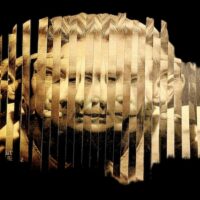
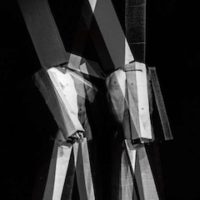
![Heathcote Williams [photo: JH]](https://www.artsjournal.com/herman/wp/wp-content/uploads/2015/06/heathcote-williams-photo-280-200x200.jpg)


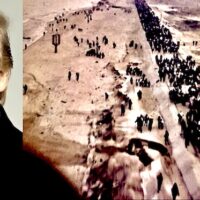
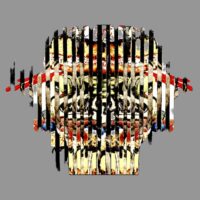
!['American Porn' by Heathcote Williams [Thin Man Press, 2017]](https://www.artsjournal.com/herman/wp/wp-content/uploads/2017/01/American-Porn-by-Heathcote-Williams-Thin-Man-Press-2017400-200x200.jpg)

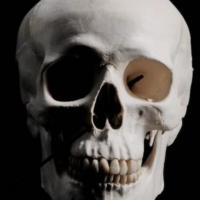
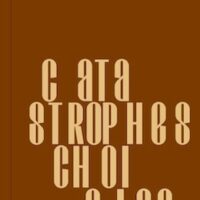
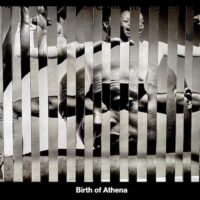

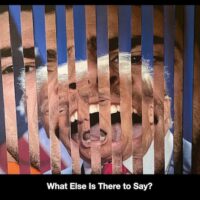
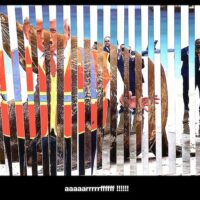
![Lithograph by Honoré Daumier [1831]](https://www.artsjournal.com/herman/wp/wp-content/uploads/2018/04/daumier_honore_1-200x200.jpg)